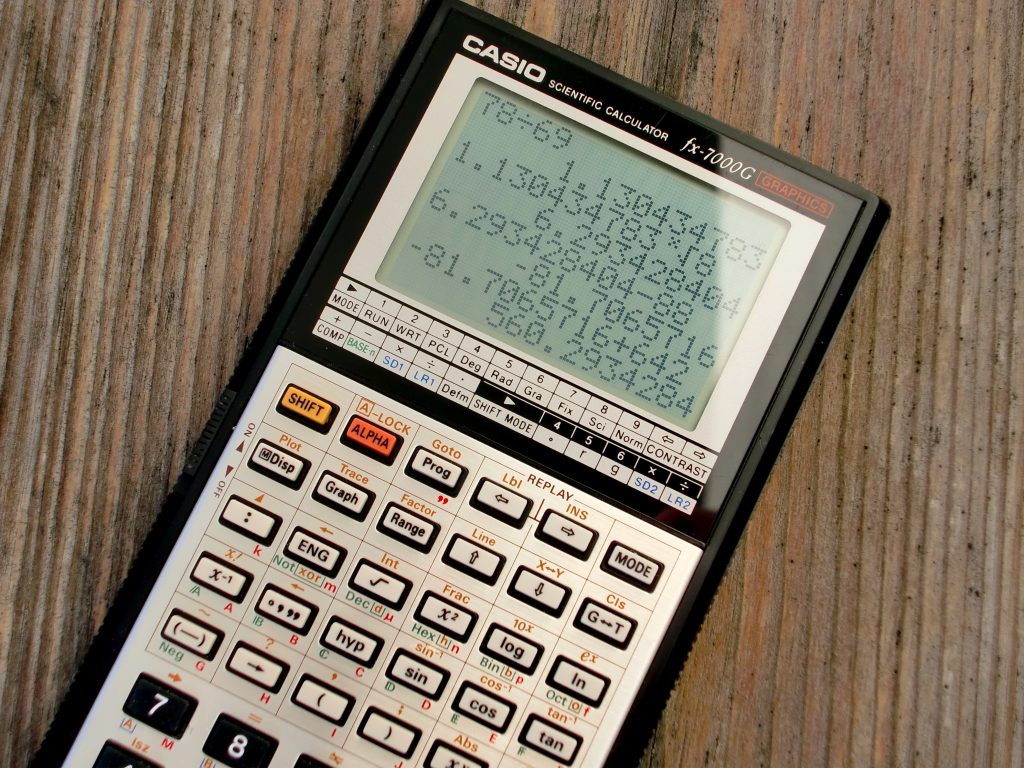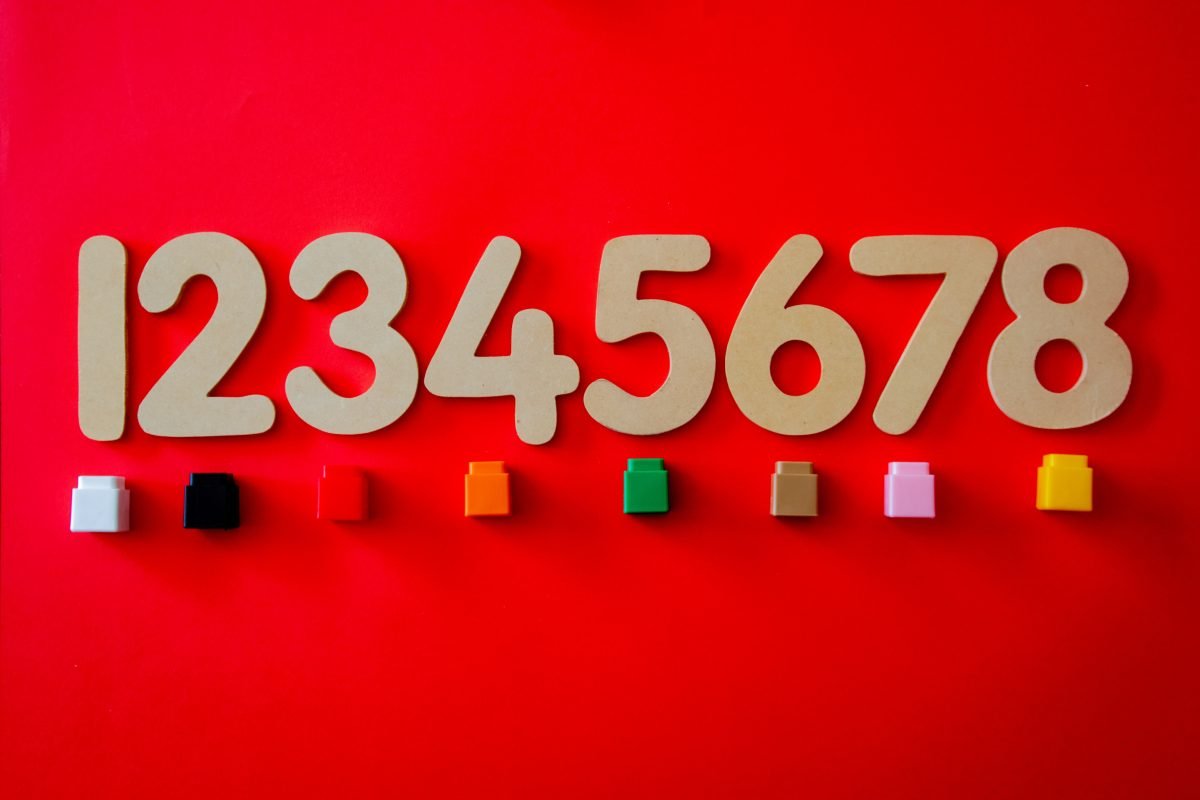“An equation means nothing to me until it expresses a thought of God.”
Srinivasa Ramanujan
December 22 is celebrated as National Mathematics Day of India to commemorate the birth anniversary and the contribution of one of the great mathematicians, Srinivasa Ramanujan. The Day was officially recognised by the former prime minister, Manmohan Singh in 2019.
Ramanujan was a self-taught math prodigy who lived during the British Raj. He found an accurate approximation of ℼ (pi) which now forms the basis of fastest calculation of algorithms based on pi. Following is the formula given by him:
The number 1729 is termed as Hardy-Ramanujan number. It so happened that G.H. Hardy, a British Mathematician while visiting Ramanujan had hailed a cab with the same number and considered it an ill omen because the number seemed rather “dull” to him. Listening to his concerns, Ramanujan exclaimed that the number 1729 was rather fascinating as it was the smallest number that can be expressed as the sum of two cubes in two different ways:
1729 = 13 + 123 ;
1729 = 93 + 103 ;
13 + 123 = 93 + 103
Apart from the world of maths, his Theta Function is an important part of the String Theory and his Mock Modular forms may help in unfurling the secret of the black holes. Ramanujan was the second Indian to be selected as a fellow of the British Royal Society.


To celebrate this day, India and UNESCO coordinate with the aim to spread love for mathematics in children globally and at different schools, Colleges, Universities and Educational Institutions of India. The State governments hold various quizzes, poster making competitions, debates, workshops, seminars, etc. with themes such as: ‘Indian Mathematics’, Mathematics for Life’ and ‘Application of Mathematics’
The National Academy of Sciences, located in Allahabad, held a 3-day workshop-cum-seminar to discuss Ramanujan’s contribution and influence in the emerging development in Mathematics and applications of his theories in the area of g-Hyper geometric series. The main aim is to encourage research and development in the field of mathematics and to seed out such math prodigies by providing them a proper platform.


Students tend to show a general disinterest to maths because they find it difficult to understand. The deep-rooted fear of failing in an important subject also stresses them out and they tend to fumble. This is where the role of the teacher is very crucial.
To inculcate an amicable attitude, he/she must reassure the student of the ease in mathematics by trying to have an interactive class rather than the conventional solving the textbook word problems and equations. The theory behind the equation must be stressed upon rather than expecting an appropriate application by cramming up the concepts.


On National Mathematics Day, students can voice out their concerns, fears and hesitation when it comes to studying mathematics. Parents can play an important role by dissociating “genius” with the ability to perform well in Science and Maths. The world of numbers is a fun-one. Sometimes we will be surprised to see that math is inherent in nature and space itself.
Maths is to be enjoyed and not to be made a horror show of!






